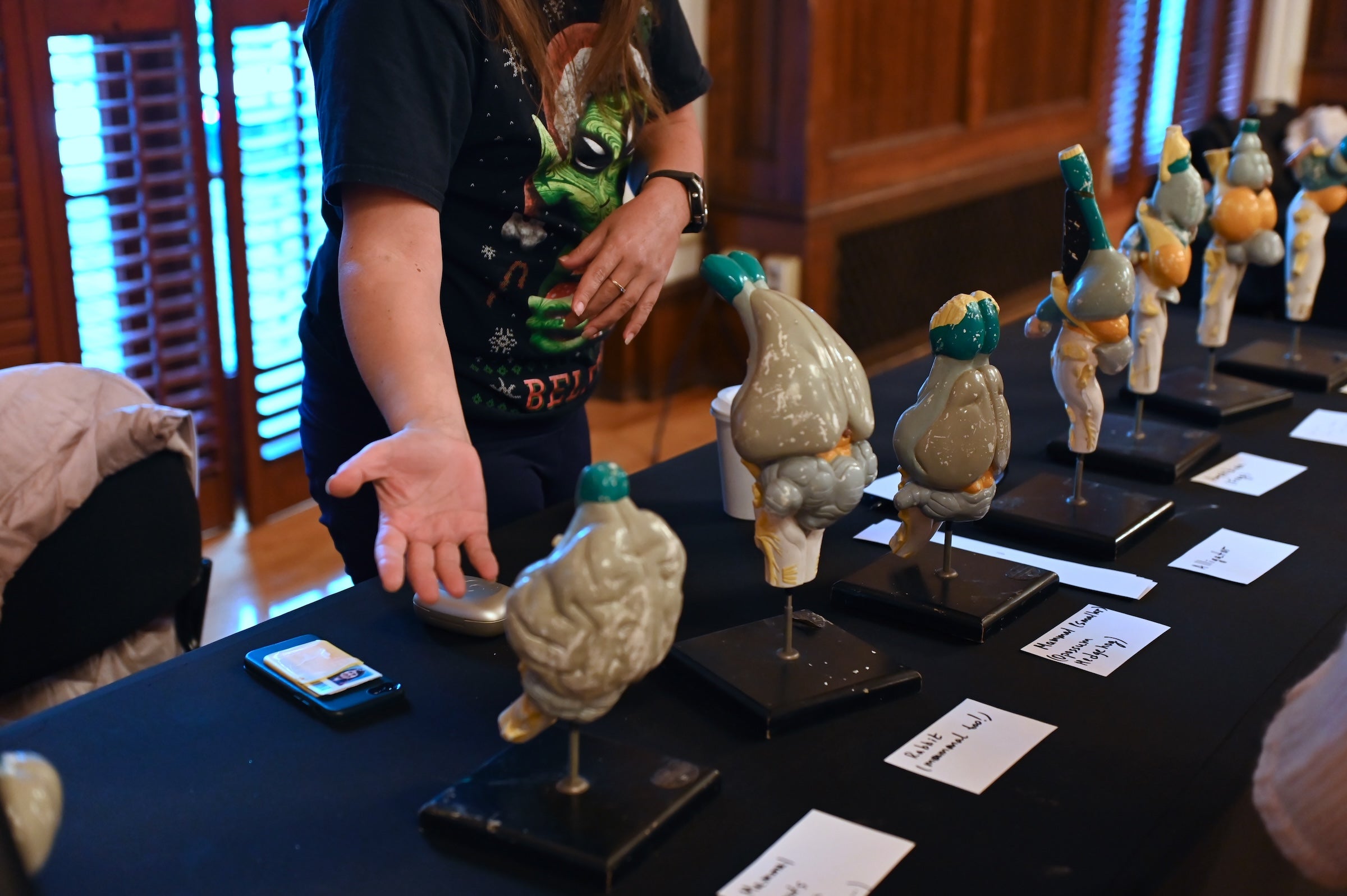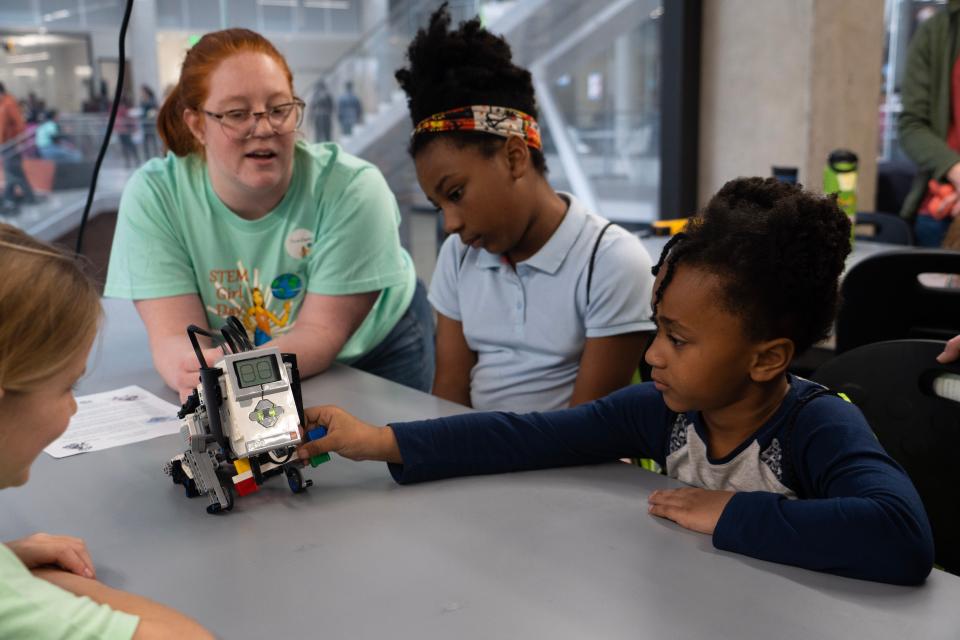EdEN Lab and School Gardens at Texas Science Festival
The University of Texas at Austin discusses projects from nutrition experts like Jaimie Davis that benefit students and teachers.

This feature was published ahead of two events from the EdEN Lab team at the Festival: a Sprouts-sponsored science talk about school gardens and involvement in the Health and Wellness Adventure from Sprouts Healthy Communities Foundation at STEM Girl Day.
Most people assume that children are not eager to try kale chips, but Jaimie Davis regularly sees elementary school students who are interested in trying the healthy food for the first time.
“It’s different when they grow it themselves,” said Davis, professor of nutritional sciences at The University of Texas at Austin and director of the EdEN Lab. “When they plant the seeds and watch it pop up out of the ground, when they finally get to pick it and they learn how to roast it and season it and make it taste great, then they’re interested.”
For more than a decade now, Davis has been helping teachers set up school gardens and providing resources to teach their students about nutrition as well how to use the garden in lessons in other subjects, such as science. The lab also trains undergraduate students as interns to go out to schools and teach about nutrition, gardening and cooking. The lab is known as EdEN for Education, Evaluation and Nutrition.
“We see kids who have a hard time focusing in the classroom, but they go outside in the garden and they’re listening, engaging and asking questions,” said Katie Nikah, lab manager for the EdEN Lab.
Much of the lab’s work has been made possible through a partnership with the Sprouts Healthy Communities Foundation, which has contributed approximately $2.5 million to support teacher training and provide essential garden resources. In the past seven years, the EdEN Lab has racked up some impressive numbers:
- 10,000+ public students taught
- 506 teachers trained
- 60 schools enrolled
- 152 garden committees trained
- 6 states utilizing EdEN Lab resources
- 2,500 garden and nutrition lessons delivered
- 3,900 seed packets distributed
- 3,900 bags of compost distributed
- 7,800 seedlings distributed
In observing the impacts of school gardens, EdEN Lab researchers have found children who learn about gardening at school increase their vegetable intake, decrease their processed-food intake, improve their metabolic health and experience improved academic achievement and focus.
“We have a lot of research that supports learning about where your food comes from sets up positive behaviors and outcomes for childhood and adulthood,” Davis said. “It’s like a light switch for people that helps them develop a love and preference for vegetables that they carry with them and that has lifelong benefits.”



